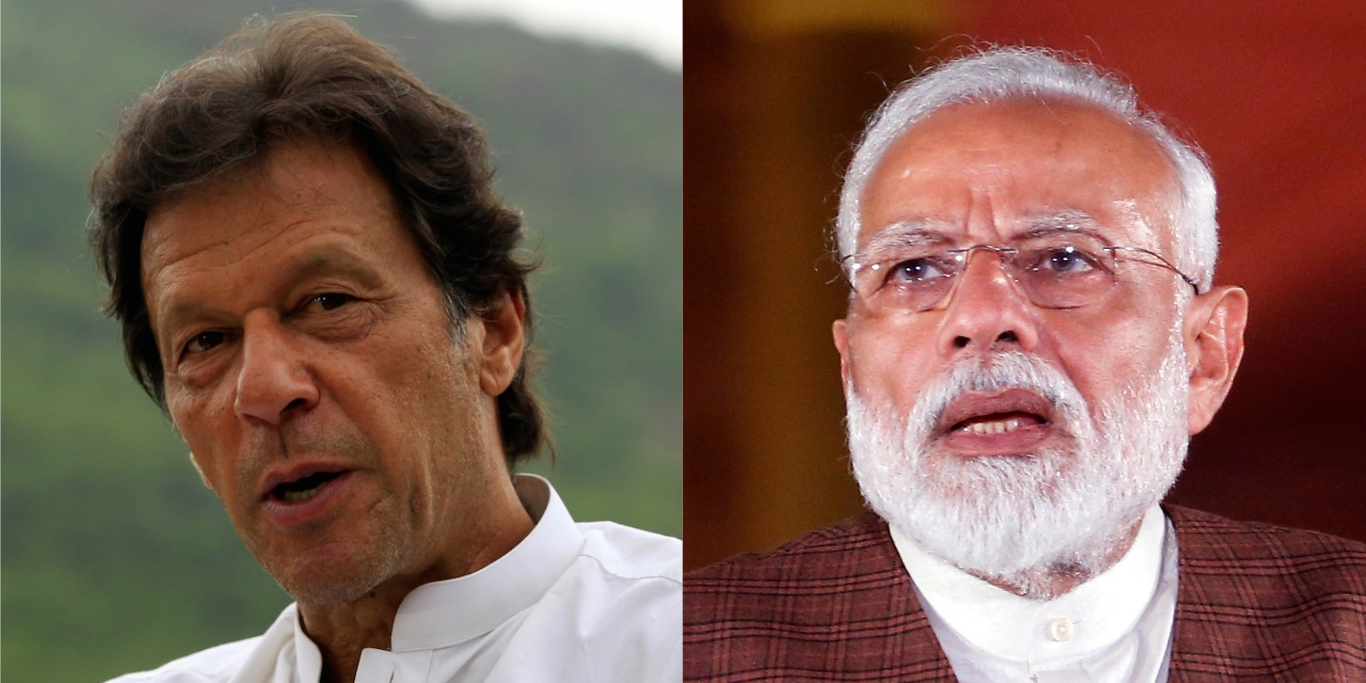- Pakistan is suspending all trade with India, in retaliation against India’s Monday move to cancel a constitutional provision that guaranteed the autonomy of the disputed Kashmir region.
- Both India and Pakistan stake claims to Kashmir, one of the most militarized regions in the world.
- As well as the trade ban, Pakistan is recalling its ambassador from India’s capital New Delhi, and expelling India’s envoy in Pakistan, the country’s Dawn newspaper reported.
- Pakistan has called on US President Donald Trump and the United Nations to help mediate the tensions, while India has repeatedly said that Kashmir is a regional issue.
- Visit Business Insider’s homepage for more stories.
Pakistan is suspending all trade with India two days after India’s government revoked a constitutional provision that guaranteed the quasi-independence of the Kashmir region, and shut off the internet in the disputed territory.
Pakistan is also downgrading diplomatic ties with India, has recalled its ambassador from the Indian capital New Delhi, and plans to expel India’s envoy in Pakistan, the country’s Dawn newspaper reported.
The Pakistani National Security Committee announced the decision on Wednesday night local time following a meeting with Prime Minister Imran Khan, Dawn reported.
https://twitter.com/ZahidGishkori/status/1159116202712715265?ref_src=twsrc%5Etfw
Tensions between the two countries are at their most acute in decades after India on Monday abruptly revoked two articles its 72-year-old constitution that gave the state of Jammu and Kashmir autonomy.
Articles 35A and 370 of the constitution allowed Kashmir to make its own laws and stopped people from outside the region from buying property.
India now wants to reorganize the region into two territories - Jammu and Kashmir, and Ladakh - that would be governed by the federal authorities in New Delhi.
India has repeatedly said that Kashmir is a bilateral issue - between India and Pakistan only - while Pakistan has called on US President Donald Trump to mediate the disagreement, something he previously offered to do.
Pakistan also plans to raise the matter with the United Nations, which on Tuesday called on both sides to "exercise restraint."

While India, Pakistan, and China all control various parts of Kashmir, both India and Pakistan claim it to be solely theirs.
Kashmir is one of the most heavily-militarized regions in the world.
Many people in the mostly-Muslim region either want independence, or rule by Pakistan. But after India and Pakistan separated in 1947, the state's maharajah chose to become part of India, with the two constitutional articles guaranteeing its special status.
Shortly before the decision on Monday, the Indian government sent in thousands more troops, cut off the internet and phone lines for many people, and placed regional politicians under house arrest.

Blocking communications is a common strategy to prevent people from organizing demonstrations and to stop the spread of news that may be unfavorable to the government.
Critics of India believe that the Monday annulment of Articles 35A and 370 will allow more Hindus to live in Kashmir, and alter the ethnic and religious balance of the region.
Islamabad's trade freeze is unlikely to heavily affect the two countries' economies, however.
Pakistan accounts for just 0.58% of India's exports, while India makes up 1.9% of Pakistan's exports, according to Observatory of Economic Complexity statistics from 2017.
Tensions over Kashmir flared up in February this year after a suicide attack killed 44 Indian paramilitary officers in the Indian-controlled side of the region. The two countries - both nuclear powers - launched military strikes against each other at the time.


